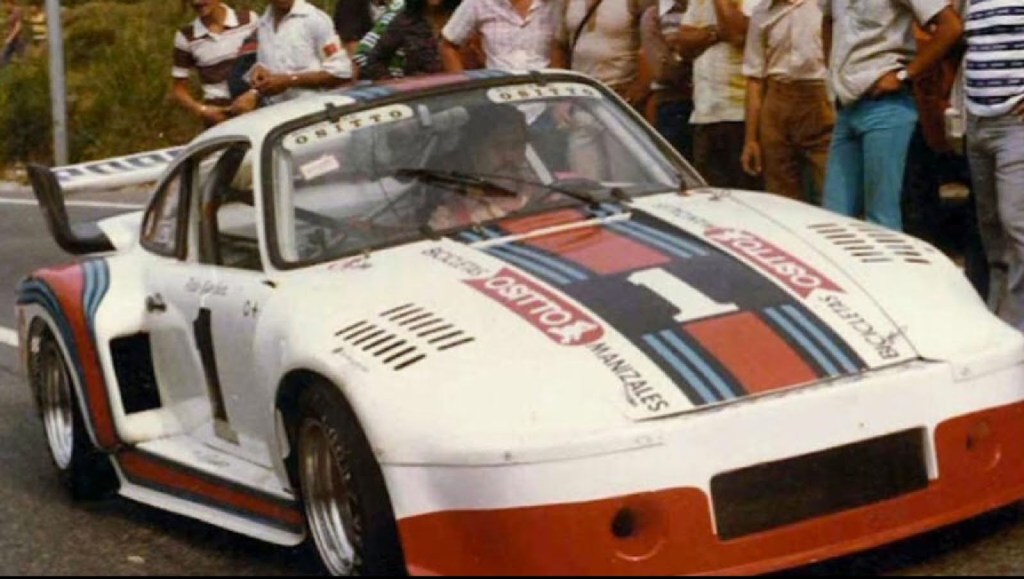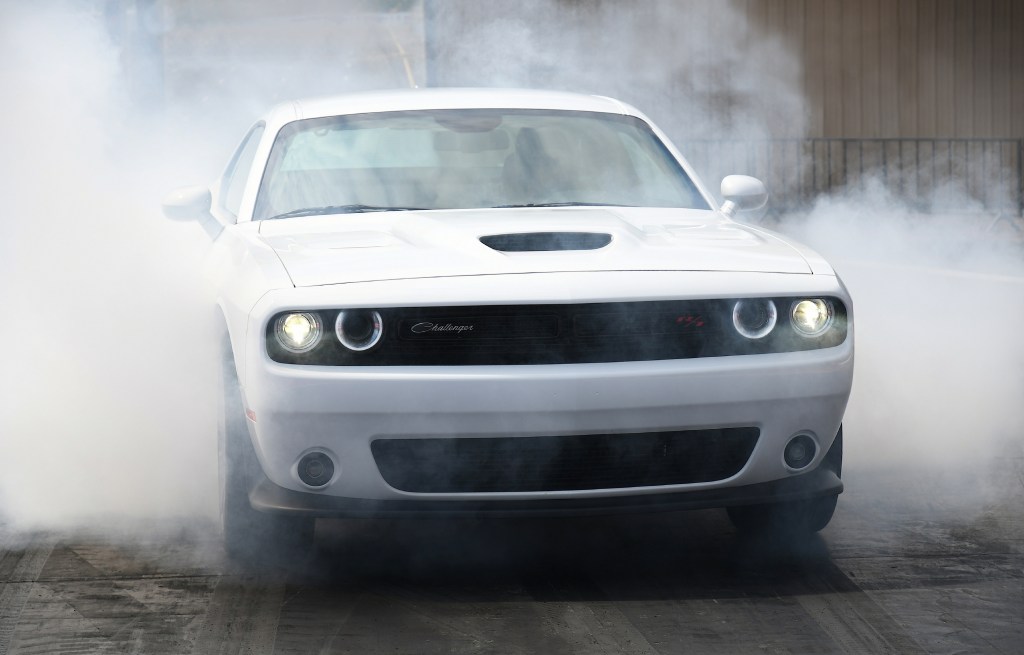
Now Feds Want To Ban Production-Based Race Cars
In its lawsuit with Gear Box Z, the EPA says the Clean Air Act won’t allow anyone to convert a street car into a race car. If it wins the suit this sets a precedent establishing a ban on all production-based competition-only race cars. And that current production-based race car owners are breaking the law. Don’t be mad at us, we’re just reporting on this.
The ban will have bad outcomes if the courts find in favor of the EPA
The EPA says that once a car is certified for production it can’t be made into a race car even if it is never driven on the streets again. This will have broad ramifications if the courts find in favor of the EPA. The Specialty Equipment Marketing Association as part of its service to aftermarket members provides legislative advocacy.

SEMA has gotten involved but it could be benign. It has filed an amicus brief offering its take on such a draconian interpretation of the Clean Air Act. But an amicus brief consideration is up to the court’s discretion. So it may or may not be considered in the court’s final decision. That’s troubling.
SEMA’s amicus brief spells out the oblique interpretation the EPA is foisting onto the court. It says the Clean Air Act isn’t a consideration when converting a car into a race car because of its previous conclusions. In those, the EPA has said it didn’t have an issue with EPA-certified vehicles being turned into sanctioned, competition-use only vehicles. This according to our pal Jason Sakurai at Truth About Cars.
Earlier EPA attempts to ban race cars like this have been tried
SEMA points out the EPA’s interpretation runs counter to prior CAA language, past legislative acts, as well as EPA regulations. Earlier EPA attempts like this one have been tried. Most recently in 2015 when it tried to wedge this interpretation into a rulemaking draft. Through SEMA’s efforts, Congress passed legislation that historically CAA didn’t consider its rules applied to production-based vehicles for racing use only.

Now SEMA has put together the RPM Act. It stands for Recognizing the Protection of Motorsports Act. This reinforces earlier legislation that supported the CAA not applying to race cars. Finally, it also establishes the legality of aftermarket companies making race-only products. That includes wording to cover marketing and installation by outside parties of racing components.
It’s unfortunate the feds twist earlier legislation to fit their current lawsuits
It’s unfortunate that the feds feel compelled to twist earlier legislation to fit their current lawsuits. By establishing the historic and previously-stated legal right to construct production-based race cars and manufacture components for them, SEMA is doing what its aftermarket members pay for. Representation for the individual racer to fight legal overreach by federal agencies.
You can help by becoming a SEMA member if you are not already one. Especially, if you’re racing a production-based car you need to help save your hobby and passion by joining. SEMA represents the over $46 billion aftermarket auto industry. There is weight in numbers at the federal level.



